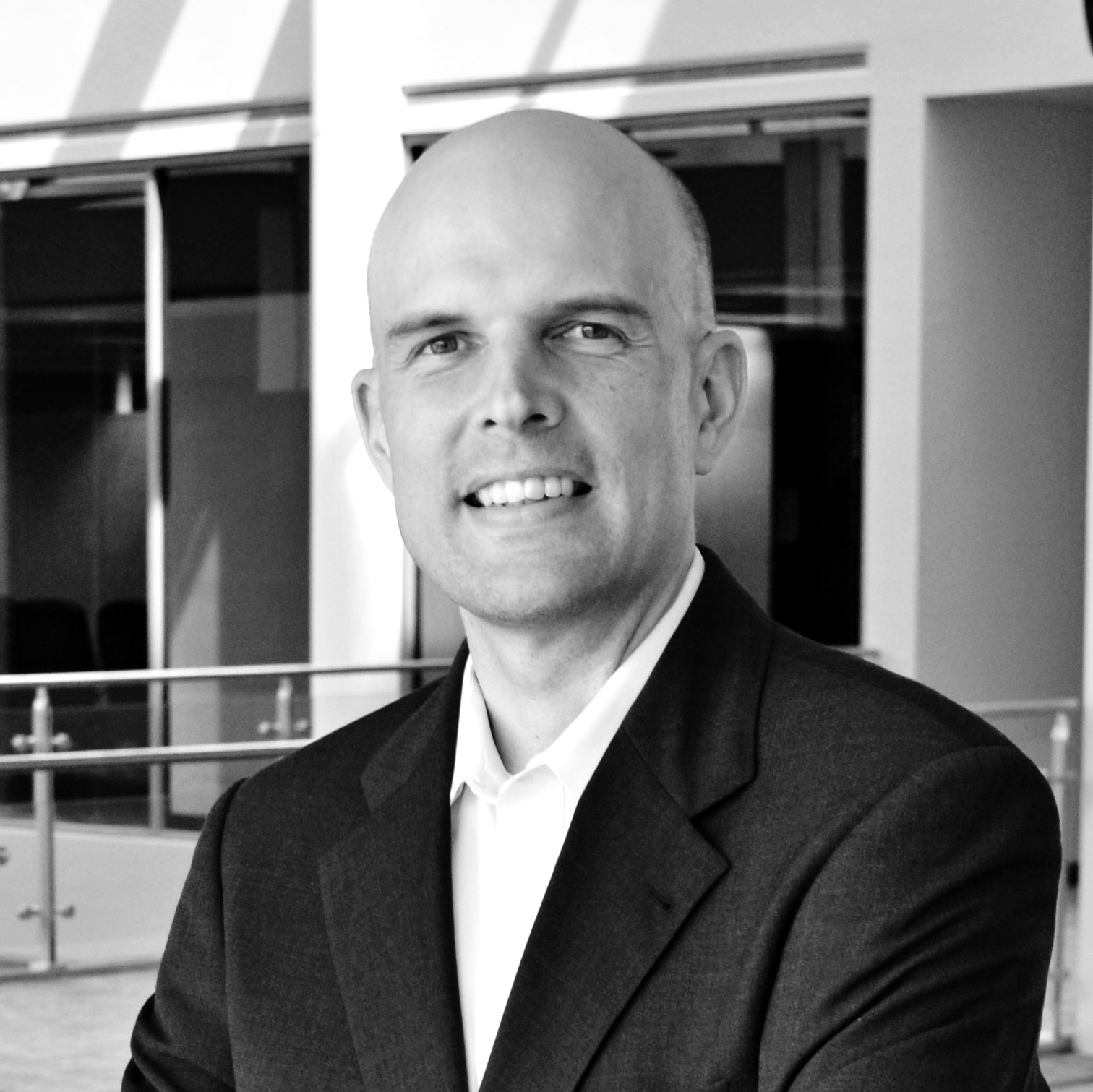Beyond the jokes that (unfairly) malign lawyers, the practice of law provides an orderly way of conducting business. For example, contracts ensure that deals are maintained as negotiated, while litigation is a process for resolving disputes.
Attorney Holly Doyle oversees the legal processes for U-Haul International whenever one of its hundreds of thousands of vehicles is involved in a serious accident—which, thankfully, is relatively infrequent. But with more than 130,000 trucks and another 140,000 trailers and towing devices operating in the company’s fleet, it’s a statistical certainty that there will be mishaps.
But Doyle deftly handles those processes and wrests beneficial change from calamity. As assistant general counsel for serious injury and wrongful death truck litigation, she sees her share of unfortunate cases that involve both human suffering and costly outcomes. Beyond the unpleasant but necessary task of sorting through the post-accident implications for the company and its customers, Doyle’s work achieves something quite proactive and important: she advises senior management on ways to reduce accidents altogether. “There are takeaways from lawsuits,” Doyle explains. “Litigation gives us perspective. It creates an opportunity to provide feedback to management and to the business units.”
Doyle provides the example of tweaking user instructions. She says adjusting language and illustrations in customer-facing materials in vehicles can prevent future accidents. “For example, we improved the language on a decal that explains the use of latches on cargo doors,” she explains. “If the latch is not properly deployed, the door could get stuck in the open position. When users tried to improperly fix it, they could experience injuries and wasted time.”
Injuries in those instances might not be life-threatening, but they are certainly not what anyone wants. “Our goal is to make sure customers have a great experience with U-Haul,” she says.
In the event of a serious injury or death—less than 1 percent of roughly fourteen million rental transactions each year involve bodily injury—Doyle and her network of paralegals, outside counsel, engineers, photographers, and adjusters go to work. The forensics of vehicular accidents is susceptible to compromise if evidence such as vehicles or photography isn’t gathered quickly. (Think highway skid marks that might get washed away from a hard rain or heavy traffic.)
“We try to gather all evidence within hours if possible,” she says. How they do that and with whom varies based on the nature and location of the incident. In addition, technical knowledge such as that held by engineers might be necessary if a mechanical malfunction is in question. “In most instances, the cause is driver error, which is a testament to the quality of our vehicle maintenance program,” Doyle says.
Road conditions, including pavement or lights and barriers used around road construction, are sometimes in play. Also, driving while texting can play a role. Doyle might send a preservation request letter to different drivers’ cell phone carriers should usage records become necessary in later legal proceedings. “Every telecom carrier’s system is different, and it’s hard to decipher some of those records,” she says, which hints at the complexity of her job.
Another complexity is how traffic laws and those they assign fault and liability in an accident differ from state to state. In some places, only one party bears full responsibility for the accident, while elsewhere fault can be allocated to more than one driver if two or more drivers were doing something wrong. “I keep a chart above my desk on state negligence laws,” she says.
The mosaic of these state laws is overlaid with variables in traffic, weather conditions, and people behind the wheel involved in every accident. The human element in particular is one of great variation, though behaviors do fall into patterns.
If there ever was an accident attorney with task-specific experience to deal with this, it’s Doyle. Her own father worked in insurance, and she professed at an early age—middle school, her parents tell her—that she wanted to work as a defense attorney. However, she took a detour after college that postponed law school at Syracuse University College of Law, which probably made her much stronger in this role.
For three years, Doyle worked as an insurance claims adjuster. She was the person who spoke on the phone with claimants to hear the details of their accidents, to gather documentation of expenses, and to offer settlements. She learned that human experience is subjective and that it was important to be objective and fair throughout the process. Also, when money is involved, the truth gets murky. “My job was to question everything, which takes good communications skills,” she recalls. “When interacting with stressed people, you develop good communications skills. You learn over time there are two sides to every story.”
She also enjoys the job because she says there’s never a dull day. That likely will not change given the next big thing looming on the horizon: driverless vehicles. The effects of that innovation will certainly mean big things for a company like U-Haul. “The industry hasn’t taken a position on driverless vehicles yet,” she says. “I find it fascinating. There are so many different possible scenarios. It could raise the cost of vehicles. But the industry is always striving for safety, and the technology might reduce the number of injuries, although complete safety is hard to imagine.”
Doyle’s cautious skepticism is probably informed by her years as a claims adjuster—and could ultimately translate into safer roads for everyone.

